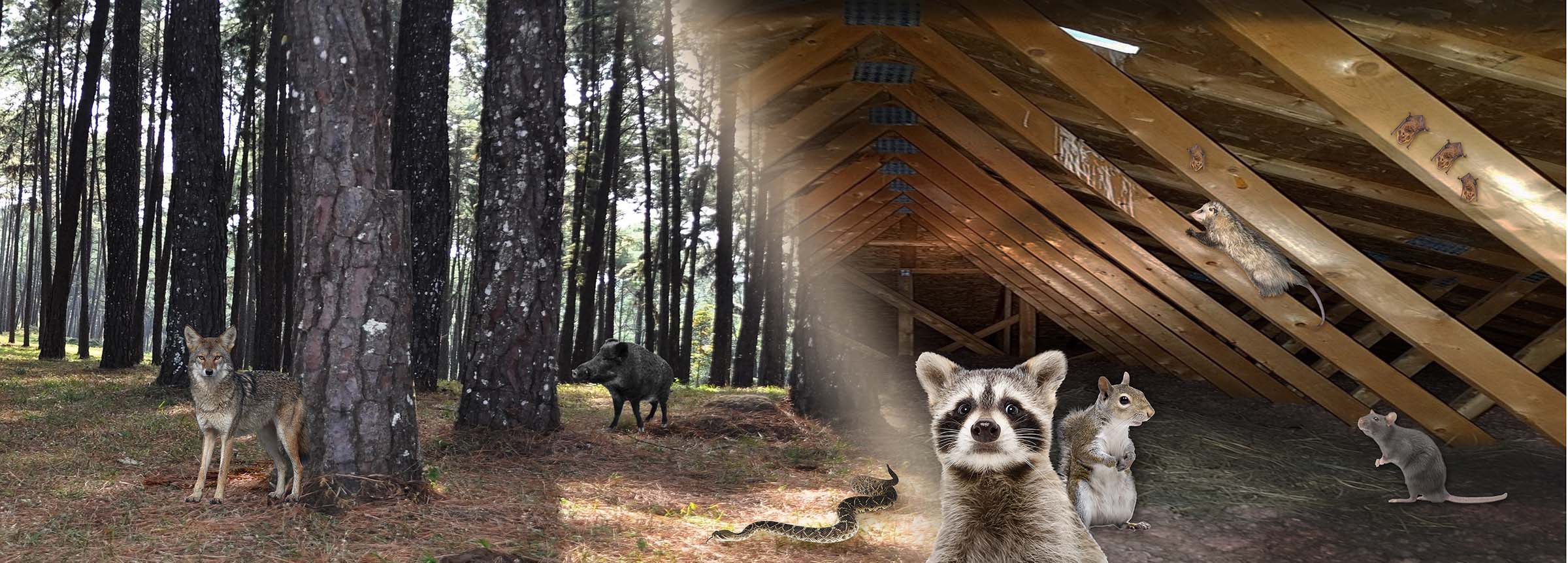Facts About Home - Triangle Wildlife Removal (919) 661-0722 Raleigh, NC Uncovered

Some Known Facts About Critter Control - Humane Wildlife Removal Company - Get.
In 1985, the Connecticut State Legislature developed a license for Nuisance Wildlife Control Operators (NWCOs). Licensed NWCOs must finish an extensive training course and pass a state examination which assesses their understanding of NWCO regulations, policies and procedures; animal recognition, habits, and biography; suggested wildlife control practices; and gentle handling and euthanasia.

Phoenix Wildlife Removal, Pest Animal Control AZ - Allen Wildlife Professional
They need to keep precise, current records of their activities and report their activities each year. Though View Details , their activities are governed by DEEP regulations, policies, and procedures. By instituting these requirements, DEEP is licensing that NWCOs have examined the treatments, guidelines, and expectations of the NWCO Program. (How to Become a NWCO) If you are experiencing wildlife-caused issues and are unable or reluctant to fix the scenario yourself, you will more than likely be described a NWCO.
Nuisance Wildlife Removal Service Listing for DeKalb County for Beginners
However, some choices need to be negotiated in between you and the NWCO. After getting in touch with a NWCO, you ought to discuss the following issues prior to action is taken: With the NWCO's assistance, recognize the angering types, the number of animals involved (if possible), and describe the degree and types of damage. Ask the NWCO to advise possible approaches of control, the estimated expenses, and the benefits and disadvantages of each method.


Home - Alpha Wildlife Removal
DEEP does not manage rates charged for NWCO support. Such payments must be concurred upon ahead of time between you and the company you want to employ. Costs charged might differ between individual companies. Because private organization is being conducted, DEEP is not liable for any actions taken by a NWCO.
8 Simple Techniques For AWL: Wildlife Removal & Management
This program is especially appropriate in city and suburbs where traditional searching and trapping are not practical methods of wildlife population control. Do you need assist and guidance concerning annoyance wildlife? Have a look at and choose "Connecticut" as your state to start. This site is supported by the Northeast Association of Fish and Wildlife Agencies and the Northeast Wildlife Damage Management Cooperative.
If this strategy is taken under such situations, you must still comply with state trapping laws and regional guns constraints. Moving of rabies-vector species (raccoon, skunk, and fox) is forbidden under Connecticut General Statutes Section 26-47(b) and 26-57. This constraint is required to prevent human-assisted spread of this disease and is an essential part of the state's problem wildlife control program.
